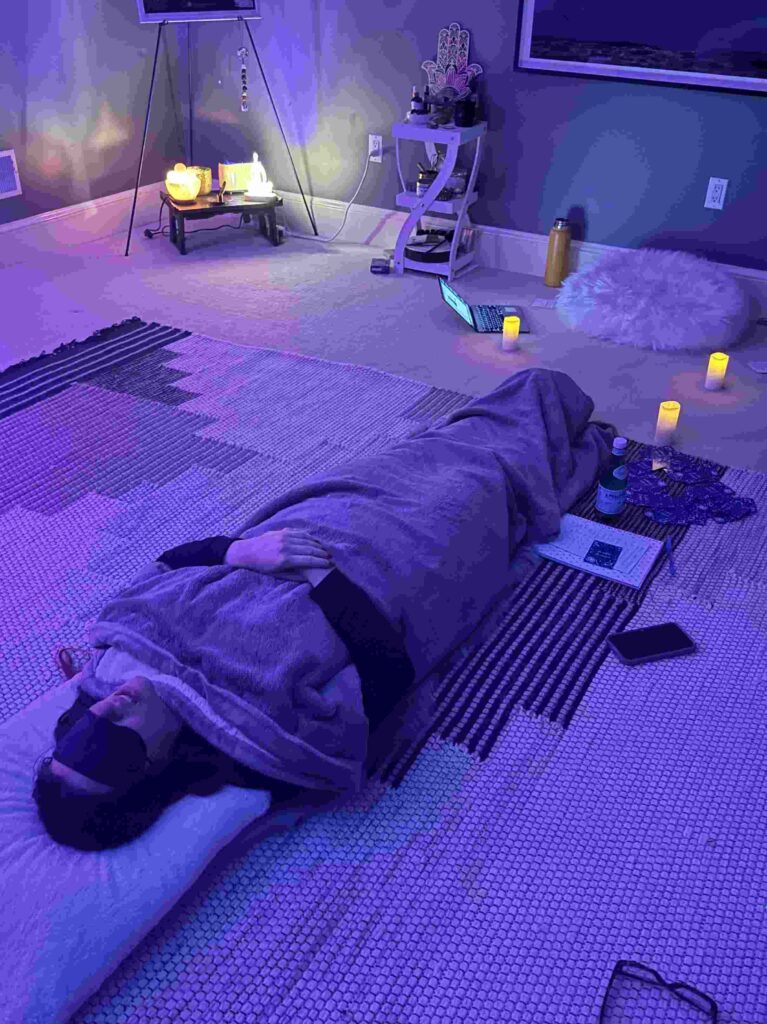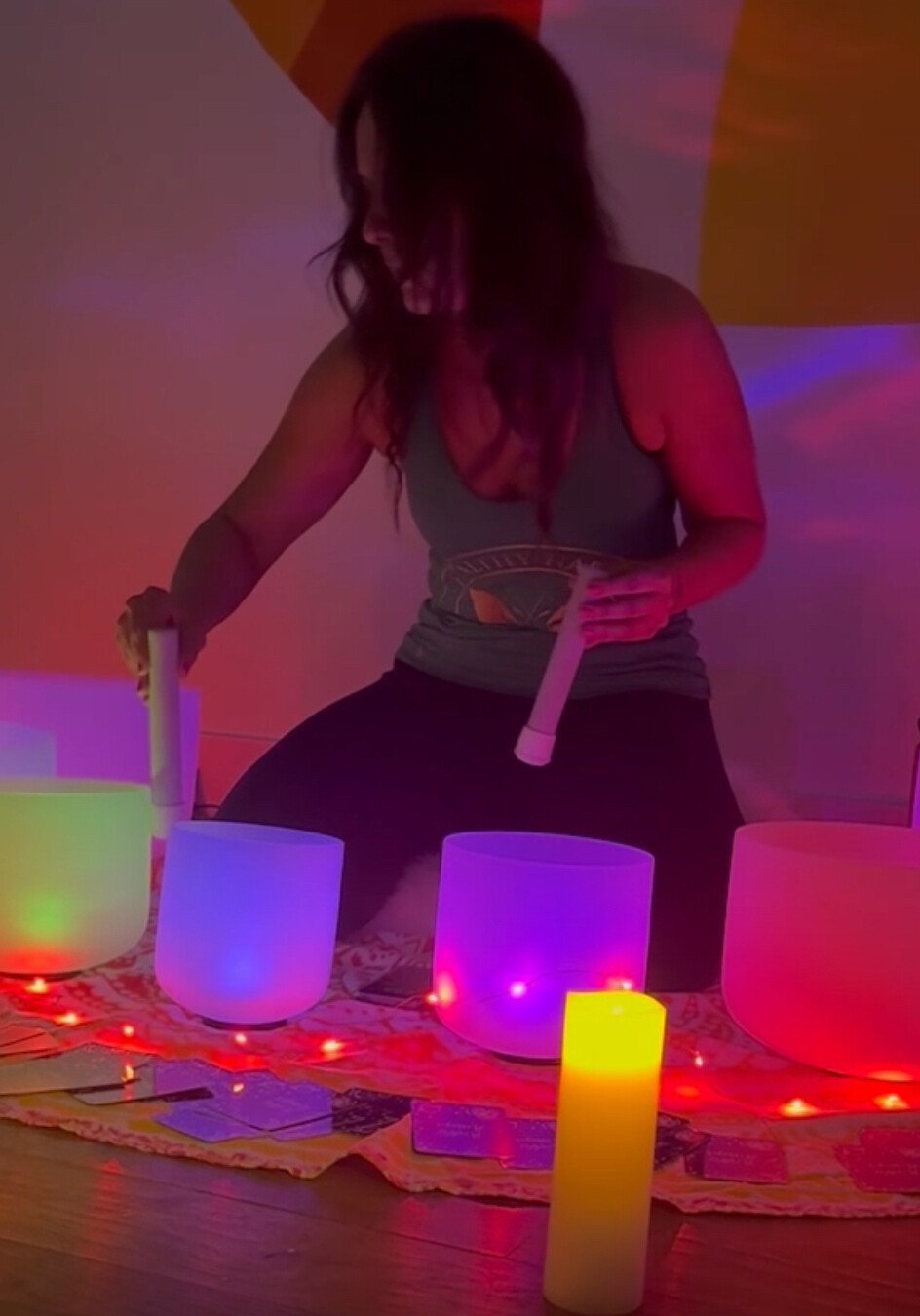Breathwork for Managing Anxiety, Depression, and Insomnia: A Guide
In our fast-paced world, the rates of anxiety, depression, and insomnia are higher than ever. These conditions can severely impact one’s quality of life, creating a cycle that’s hard to break. However, amidst the myriad of treatments and therapies, breathwork emerges as a beacon of hope, offering a natural and accessible way to manage symptoms and enhance well-being. Let’s delve into how breathwork can be tailored to combat these conditions and restore balance to our lives.
Understanding Breathwork
Breathwork refers to the conscious control of breathing patterns to influence a person’s mental, emotional, and physical state. It’s based on ancient practices, and modern research confirms its effectiveness in reducing stress, improving mood, and enhancing overall health.
Anxiety and Breathwork
Anxiety can feel like a constant battle with one’s own mind, with symptoms ranging from rapid heartbeat to uncontrollable worry. Breathwork techniques, such as the 4-7-8 method, can be particularly beneficial. This technique involves inhaling for 4 seconds, holding the breath for 7 seconds, and exhaling slowly for 8 seconds. This pattern helps activate the parasympathetic nervous system, which calms the body’s stress response, providing immediate relief from anxiety symptoms.
Depression and Breathwork
Depression often leaves individuals feeling lethargic, empty, and disconnected from the world. Coherent breathing, which involves breathing at a rate of five breaths per minute, can be a powerful tool. This slow, deep breathing technique increases heart rate variability, which is often low in individuals with depression. By improving heart rate variability, coherent breathing can enhance emotional flexibility and resilience, offering a lifeline during depressive episodes.

Insomnia and Breathwork
Insomnia, the inability to fall or stay asleep, can lead to a vicious cycle of night-time anxiety and daytime fatigue. The diaphragmatic breathing technique, which focuses on deep, even breaths from the diaphragm, can be a game-changer for those struggling with sleep. Practicing this technique before bedtime can relax the body and mind, making it easier to drift off into a restful sleep.
Getting Started with Breathwork
Incorporating breathwork into your daily routine doesn’t require special equipment or a significant time commitment. Here are a few tips to get started:
Begin Gradually: Start with just 5-10 minutes of breathwork a day, gradually increasing the time as you become more comfortable with the practice.
Create a Quiet Space: Find a quiet, comfortable place where you won’t be disturbed. This will help you focus on your breathing and the present moment.
Be Patient and Consistent: The benefits of breathwork accumulate over time. Consistency is key to experiencing its full potential.
Seek Guidance: If you’re dealing with severe symptoms of anxiety, depression, or insomnia, consider seeking guidance from a breathwork facilitator or a healthcare provider who can tailor the practice to your needs.
Breathwork offers a simple yet profound way to manage anxiety, depression, and insomnia. By taking control of our breath, we can influence our mental and emotional states, paving the way for a balanced and fulfilling life. Whether you’re a seasoned practitioner or new to the world of breathwork, embracing this ancient practice can open the door to improved mental health and well-being.






